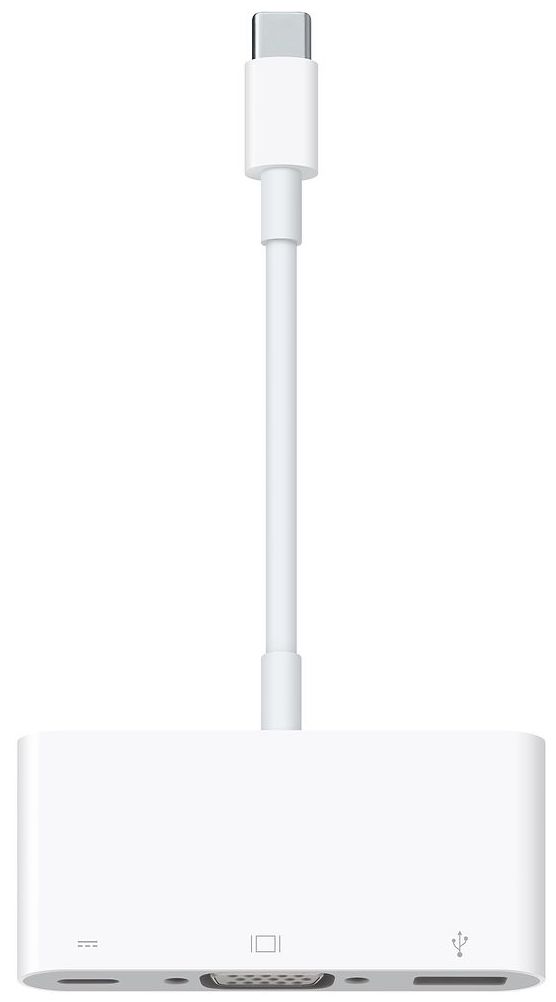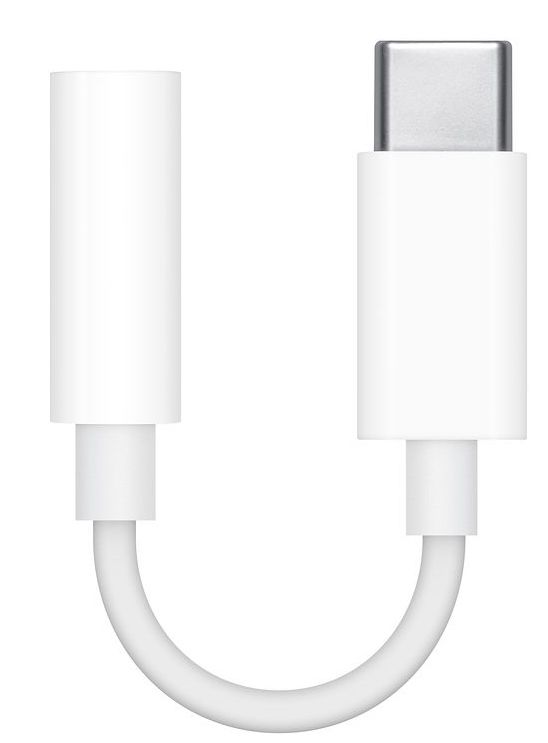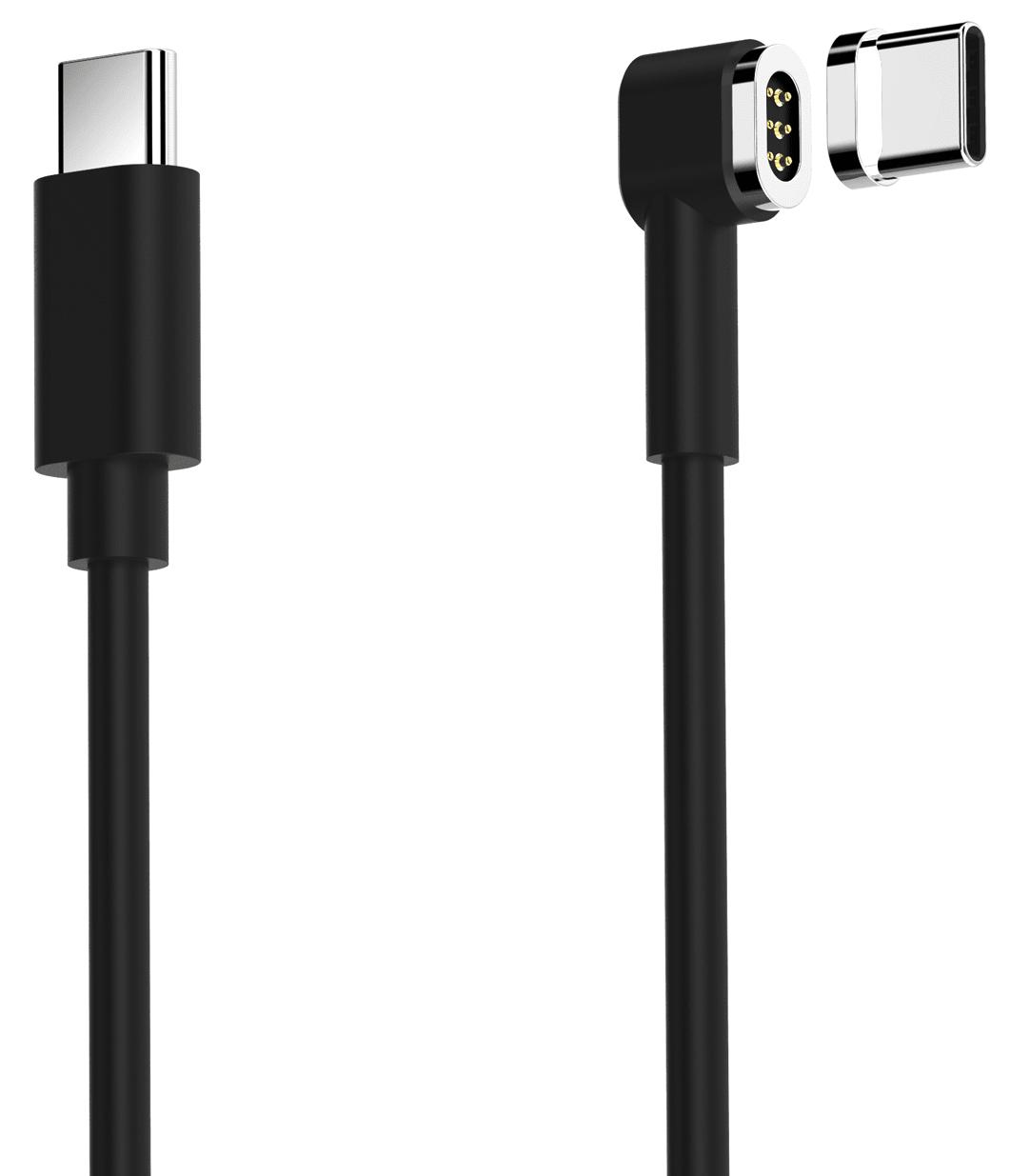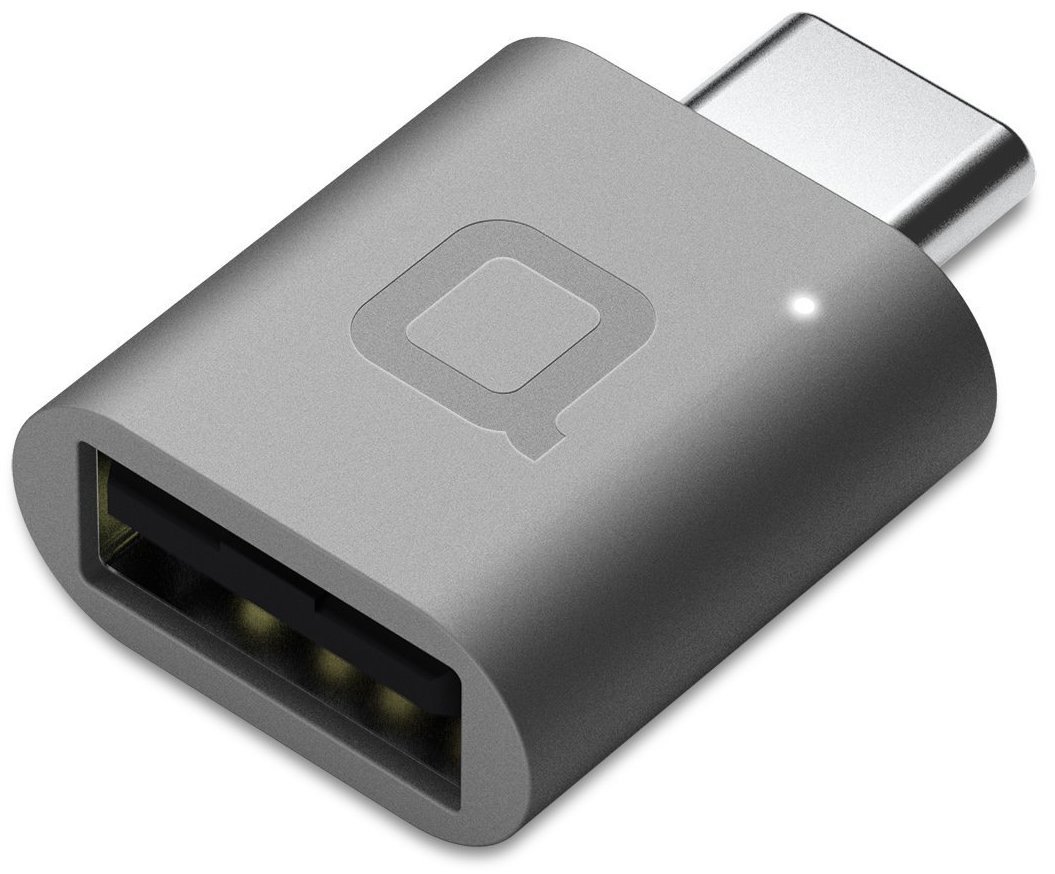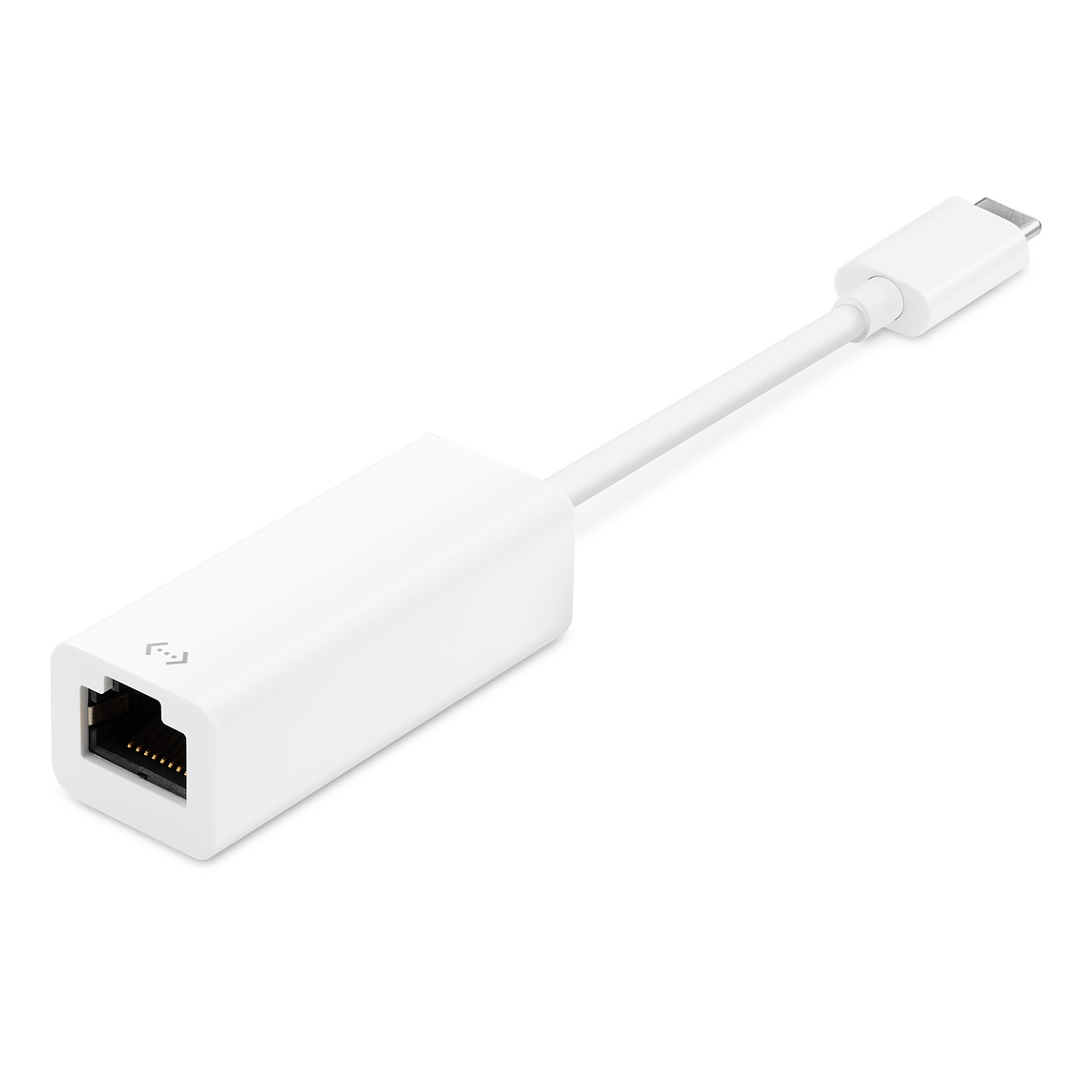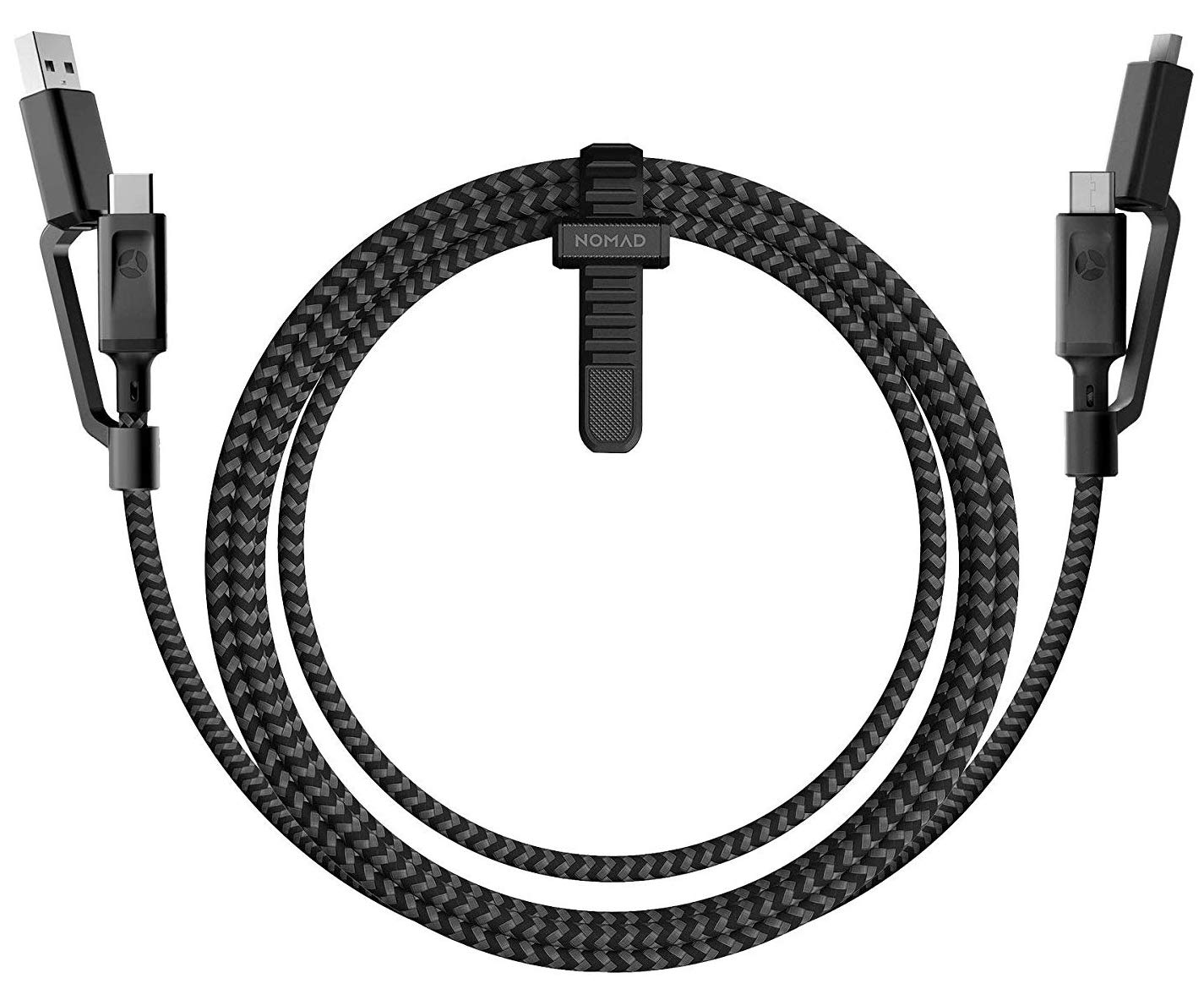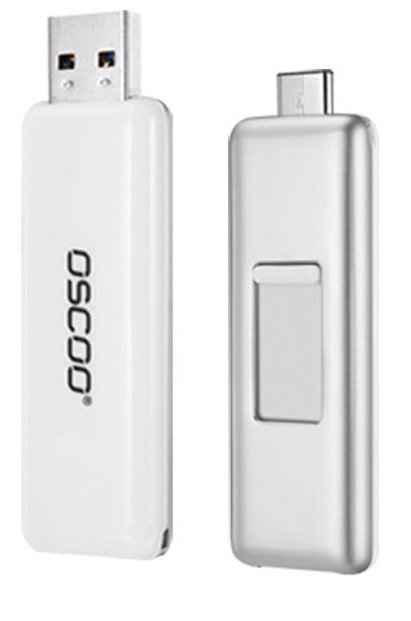If you need to connect a USB-A cable to your MacBook Pro, get an adapter
Posted by admin on
The MacBook Pro may be a powerful computer to meet every pro's demanding needs, but it falls very short when it comes to legacy ports. There aren't any. All of Apple's MacBook lineup is 100-percent USB-C now, which means you may have a few accessories and peripherals you can't connect to it. If you're looking for a simple adapter to connect a single peripheral (or maybe two), these are our picks for the best USB-C adapters.
For USB-A
Apple's USB-C to USB Adapter
Staff favorite
Nothing is simpler and more necessary than a single-use USB-A to USB-C adapter, and nothing is more reliable than having one directly from Apple. With this "dongle," you won't ever have to worry about whether it'll be supported with future updates. It does support syncing and charging, so you're covered for all of your basic iPhone to MacBook Pro needs.
Best budget adapter
AmazonBasics USB-C to USB 3.1 adapter
For a no-frills connection, you aren't going to get any cheaper than this. Amazon's simple connector charges your USB-A device and supports 5Gbps data transfer. It's similar to Apple's adapter but costs just one-third the price.
For HDMI
Plugable USB-C-to-HDMI Adapter
If you're planning on connecting your MacBook Pro to a TV set or external display, you're going to need a video adapter like an HDMI cable. This lets you connect your MacBook Pro to a display and stream everything that's on your screen. It supports up to 4K video and is backward compatible with older HDMI technology.
For SD cards
Apple USB-C-to-SD Card reader
When it comes to transferring your precious memories, you don't want to use something low-quality. That's why I recommend using Apple's SD card reader even though it's a bit more expensive than the competition. It transfers high-resolution photos at UHS-II speeds for ultra-fast transferring. You won't have to worry about it failing with future macOS updates either.
For monitors
Apple USB-C Digital VGA adapter
This three-port adapter lets you connect to VGA, USB-C, and USB-A. It supports Thunderbolt 3 super high-speed data transfer and supports audio and video passthrough. You can mirror to your VGA enabled TV or display what's on your Mac in 1080p. It's perfect for people that want to play movies from an external drive through their Mac and display it on a big-screen TV.
For headphones
Apple USB-C to 3.5mm jack adapter
You don't really need a USB-C headphone adapter for any MacBook (at least not yet). But if you stumbled across this page looking for something for your iPad Pro or Nintendo Switch, or if you want to plug in two pair of headphones into your MacBook Pro, this is the adapter you'll want. It has a digital-to-analog converter (DAC) chip, which is what's happening when you plug a pair of 3.5mm headphones into a device with a USB-C port.
MagSafe copycat
Snapnator magnetic charger adapter
If you long for the old days, when your MacBook Pro charging cable was a MagSafe connector, you can relive those times again with Snapnator's fast-charging cable adapter. It doesn't support data transfer or video streaming, but it does charge up to 87 watts. If you've ever accidentally dragged your MacBook Pro off the table because your foot hooked to the USB-C cable while it was charging, you'll thank me for introducing you to this MagSafe copycat.
Tiny port changer
nonda USB-C adapter
The company calls it the "world's smallest USB-C to USB-A adapter." I haven't measured every single one of them, but I can say that this adapter is tiny. Instead of a cable, like most adapters, this is a direct port-to-port adapter. It's so small you can leave it in, and it won't get in the way. It charges your devices and supports data transfer up to 5 Gbps. It also comes in gold, silver, and space gray.
Hardwired internet
Belkin USB-C to Gigabit Ethernet adapter
Gamers, presenters, and people on conference calls know how important it is to have a hardwired internet connection, but unfortunately, the MacBook Pro doesn't have an Ethernet port. Belkin's adapter provides Gigabit Ethernet connection speeds so you can play online games, video chat with your entire company, or download that document your boss wanted you to read without worrying about throttling your Wi-Fi connection.
Extra length
Nomad USB-C Universal cable
This universal cable is made of kevlar and has three connector options; USB-A, USB-C, and microUSB. It also supports USB-C PD (power delivery) at up to 100 watts. It's my favorite adapter cable, and I take it with me on all my trips. It's 1.5 meters long and made out of kevlar, so you could throw it off the side of a cliff, and it'll still work like new to connect your devices to your MacBook Pro.
For awkward places
Ruaeoda Right Angle USB-C adapter
It's USB-C-to-USB-C, but it's got a totally different angle. If your MacBook Pro sits close to a wall, you're probably constantly irritated when plugging in or unplugging a USB-C cable. Well, with this 90-degree angle adapter, you can plug in sideways or from the top (this comes in a two-pack with one of each angle).
Interchangeable Flash drive
Oscoo 2-in-1 USB-C USB-A Flash Drive
OK, so this isn't an adapter at all, but I love it, so I want to tell you about it. It's not a USB-C flash drive, and it's not a USB-A flash drive — It's both! It has a USB-C adapter on one side and a USB-A adapter on the other. Slide the switch one direction or the other to change your options. I use mine all the time to transfer stuff from my MacBook Pro to a computer that only has USB-A ports. It has 16GB of storage.
Adapter, hub, or docking station: Which one is right for you?
Adapters are the simplest peripherals for port versatility. They are almost always a single-port changeover, like USB-C-to-USB-A or USB-to-Lightning, though sometimes they may have one or two additional ports, like HDMI. They're the least expensive but usually only do one thing. My personal recommendation is to always have a USB-A-to-USB-C adapter like the one Apple sells on hand because that's the most commonly used cable for connecting peripherals to your computer.
Hubs are designed to make your MacBook Pro more versatile, providing several different ports. They also tend to be more portable because they're lighter and smaller (and don't usually need their own wall plug). If the adapters listed here aren't going to give you enough options, you may need a hub instead. Check out our list of the best USB-C hubs for MacBook Pro.
Docking stations are designed for multi-display use with charging support. They usually have their own power supply and can charge your laptop and mobile devices while also providing fast data transfer and 4K or 5K display support. For the most part, they're meant to be stationary to give your desktop workflow more versatility and convenience. If you're looking for the ultimate tool for your high-speed data transfer, multi-display 4K or 5K connection, and built-in charging, check out our list of best docking stations for MacBook Pro.





